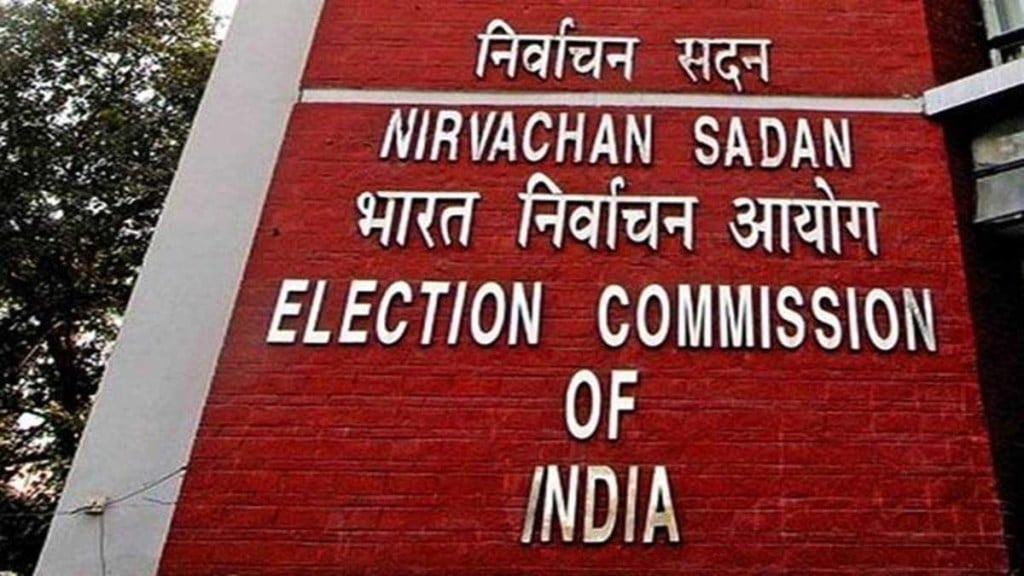The government’s proposal that the chief election commissioner (CEC) be selected by a panel comprising the prime minister, the leader of the opposition (LoP), and a Union Cabinet minister should have been a welcome change from the past. So far, it was the sole prerogative of the government—the president appoints the CEC based on the Union council of ministers’ advice. So, including the LoP should make the appointment process more representative. But there is a sting in the tail. There are serious question marks over the neutrality of the process as it seeks to sidestep the March 2 ruling of a Constitution bench of the Supreme Court that unanimously held that the committee should have the Chief Justice of India as well (instead of a Cabinet minister, as proposed now) until a law on the selection of the CEC and ECs is enacted. The government clearly didn’t waste too much time in bringing a Bill that excludes the CJI.
The Election Commission of India (ECI) plays a defining role in maintaining the sanctity of India’s electoral democracy. When BR Ambedkar moved the draft Article 289 (now Article 324 of the Constitution) that concerns the ECI in the Constituent Assembly, he had remarked, “…without any kind of dissent, that in the interest of the purity and freedom of elections to the legislative bodies, it was of utmost importance that they should be freed from any kind of interference from the executive of the day.” And, therefore, the ECI must be like Caesar’s wife—beyond suspicion.
While the Commission and its members, hitherto appointed by various governments, have acquitted themselves well, there is a widening distrust over the impartiality of the Constitutional body. Indeed, when the CEC and ECs attended a meeting with the prime minister’s office in November 2021 to discuss the common electoral rolls upon being “summoned” by the law ministry to the meeting, many, including some Constitutional experts, saw this as an undermining of the authority and independence of the ECI. To that end, the present dispensation at the Centre needed to assure the body politic of its continued independence, with a statutory backing for the SC’s March ruling.
The ruling party should pay heed to the report of the Dinesh Goswami committee in 1990 that was tasked with recommending electoral reforms and ways to preserve the independence of the ECI. The SC, in its March ruling, had referred to the Goswami report, which recommended that the CEC be appointed by the president in consultation with the LoP and the CJI while the ECs should be appointed by the president in consultation with the LoP, the CJI, and the CEC. It had also recommended giving this process statutory backing. The Law Commission, in its 255th report (2015), had adapted the Goswami committee’s proposal “with certain modifications”—the inclusion of the prime minister in the collegium. Such a formula would have been truly neutral with neither the ruling party nor the opposition outweighing each other in the panel, while the judiciary, as the custodian of the Constitution, is represented. When the CJI (or a judge nominated as his representative) is part of the panel selecting the director of the Central Bureau of Investigation—not a constitutional body—there is little reason to exclude the judiciary from the selection of the CEC, if true neutrality and representativeness of the process is the goal.
